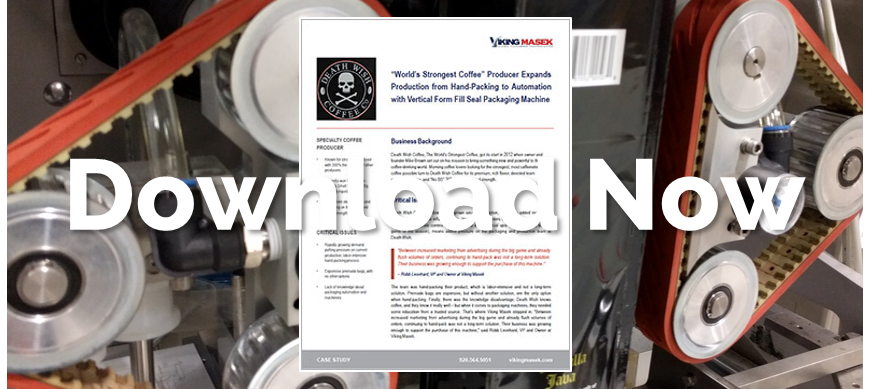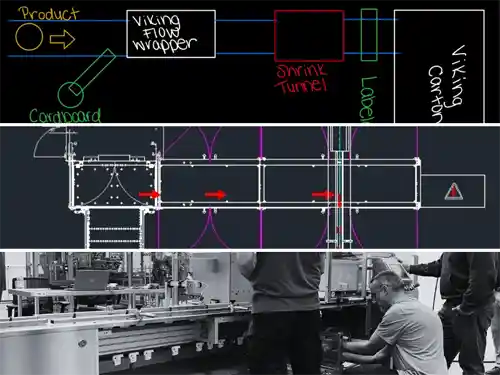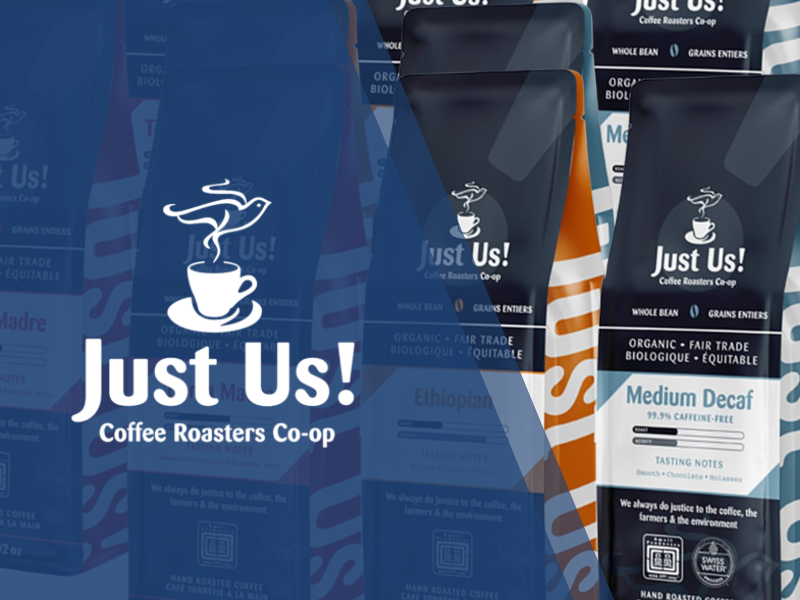Wake up and smell the coffee. Production techniques are changing!
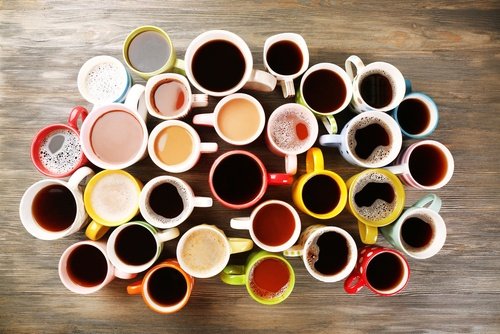 The coffee production industry is changing for the better. In the last five years the industry has experienced a surge of changes that reflect the different interests of coffee consumers. According to the Specialty Coffee Association of America, economics, smarter nutritional choices and environmental issues are all reflected in the way Americans choose their morning java. Coffee roasters have to be ready to meet customer expectations head on so to avoid getting tossed out with the used coffee grounds.
The coffee production industry is changing for the better. In the last five years the industry has experienced a surge of changes that reflect the different interests of coffee consumers. According to the Specialty Coffee Association of America, economics, smarter nutritional choices and environmental issues are all reflected in the way Americans choose their morning java. Coffee roasters have to be ready to meet customer expectations head on so to avoid getting tossed out with the used coffee grounds.
Price Point Pinnacle
As the US economy returns from the Great Recession, coffee drinkers are returning to their premium brands and artisan flavors that were once out of their budget. However, there is one area that isn’t regressing. The size of our coffee drinks in coffee shops was encroaching on Big Gulp landscape. Once the recession hit, those drinks were obnoxiously oversized and out of touch. Not to mention the fact that true cappuccino does not come in 20-ounce cups. Today you will find smaller, more appropriately sized coffee drinks in 8, 12 and 16-ounce sizes that are more realistic and price conscious.
Tossing the Drinkable Desserts
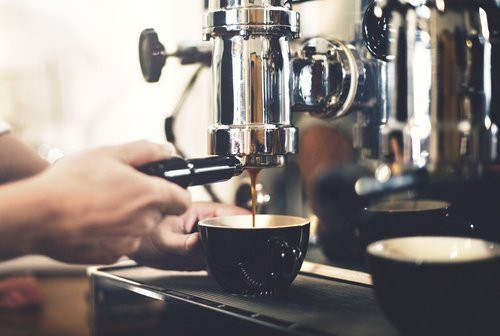 While coffee drinkers are scaling down the size of their lattes and shots in the dark, they are not sacrificing in flavor profiles and quality of product. The SCAA found that coffee drinkers are moving toward coffee-centric beverages in place of overly sweetened, dessert style beverages. Coffee profiles, their origins and the finer nuances of beans are where it's at. It is up to coffee producers to find ways to maintain that freshness and quality of coffee from production to the cup. For coffee producers who want to get the best tasting and highest quality of coffee on the market, they are willing to literally go that extra mile.
While coffee drinkers are scaling down the size of their lattes and shots in the dark, they are not sacrificing in flavor profiles and quality of product. The SCAA found that coffee drinkers are moving toward coffee-centric beverages in place of overly sweetened, dessert style beverages. Coffee profiles, their origins and the finer nuances of beans are where it's at. It is up to coffee producers to find ways to maintain that freshness and quality of coffee from production to the cup. For coffee producers who want to get the best tasting and highest quality of coffee on the market, they are willing to literally go that extra mile.
Environmental Epiphanies
As global warming and climate change are front and center of environmental discussions, coffee production follows suit. After all, the way that coffee beans are produced and manufactured has a very real impact on the environment. Coffee enthusiasts and top-shelf artisan coffee producers are traveling all over the world to source single origin, sustainable and locally produced organic coffee beans directly from small farmers. By overstepping industrial sized coffee production plants, smaller more eco-focused producers are able to bring compassionate beans to their demanding public. This form of social responsibility involving sustainable farming practices is taking coffee producers to the next level in their business.
Small coffee production companies are keeping true to the demands of consumers. By maintaining high-quality roasts with an ecological edge, coffee producers are listening to the marketplace. The issue facing these coffee producers revolves around packaging. While hand-packing is the way most of these producers start, coffee packaging automation allows businesses to grow and increase their customer base. Concerns about automation have been overruled thanks to a commitment to quality control. Death Wish Coffee is proof that automation works for smaller coffee producers. For a good look at a fair trade, all natural coffee producer that is achieving great success within the current marketplace, check out the Death Wish Coffee case study by Viking Masek, the leader in coffee packaging machinery.


